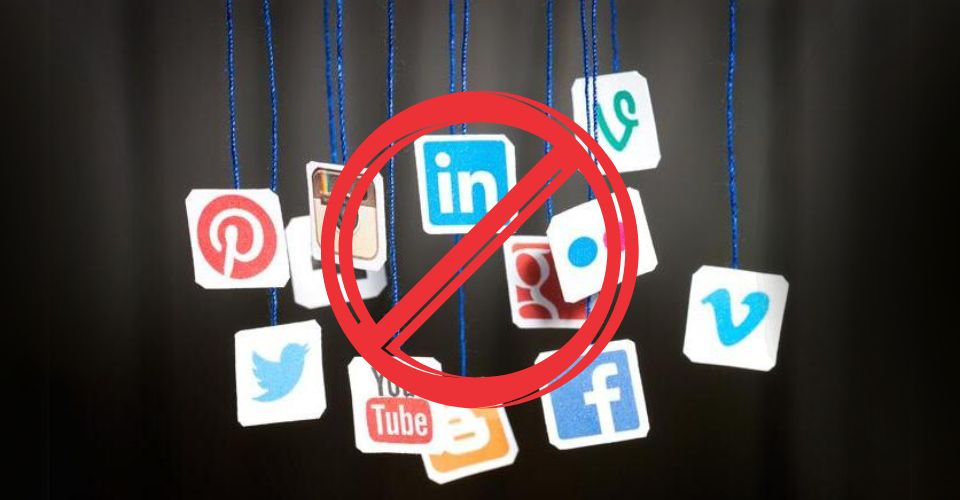Psychology News
Researchers at the American Psychological Association explored how spending time alone and letting our minds “wander” can benefit our mental health. The study is published in the Journal of Experimental Psychology: General.
The Study
The researchers conducted a series of 6 experiments with 259 participants. The participants were put in several types of settings and were asked to spend some ‘alone time’ without distractions (like walking, reading, using a smartphone, etc.)
They were asked to report what they predicted about spending time alone and thinking. They also reported how much they actually enjoyed sitting and letting their mind wander.
The Findings
The results revealed that the participants found thinking more enjoyable than they thought it would be.
Reaping The Benefits Of Spending Time Alone
The researchers are enthusiastic the study can reinforce the importance of internal free-floating thinking. By being more aware of the benefits of mind-wandering, people can reap its benefits related to problem-solving, enhanced creativity, mindfulness, and meaningful life.
This can enable people to enjoy better cognitive abilities and mental health in the modern era of information overload and constant distractions.
One of the lead researchers, Kou Murayama, elaborated: “On the bus on your way to work, you can check your phone rather than immerse yourself in your internal free-floating thinking, because you predict thinking will be boring … However, you are missing an opportunity to positively engage yourself without relying on such stimulation.”
To Know More You May Refer To
Hatano, A., Ogulmus, C., Shigemasu, H., & Murayama, K. (2022). Thinking about thinking: People underestimate how enjoyable and engaging just waiting is. Journal of experimental psychology. General, 10.1037/xge0001255. Advance online publication. https://doi.org/10.1037/xge0001255




























